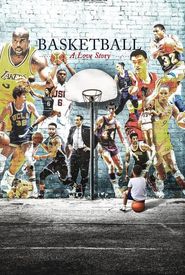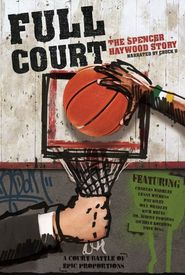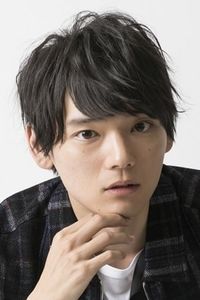Spencer Haywood, a legendary basketball player, left an indelible mark on the sport, not only for his impressive playing career but also for his groundbreaking efforts to challenge the NBA's restrictive rules. Born with a passion for the game, Haywood's talent was evident from an early age, earning him a basketball scholarship to the University of Detroit.
In 1968, Haywood's Olympic debut with the United States team, where he won a gold medal, marked the beginning of his professional journey. However, his decision to enter the NBA draft after just two seasons in college was met with resistance from the league, citing a four-year rule that prohibited players from entering the draft until four years after their high school graduation. Undeterred, Haywood signed with the Denver Rockets of the American Basketball Association (ABA),where he played an impressive rookie season, leading the league in scoring.
Haywood's next move was to sign with the Seattle Supersonics in 1969, but Commissioner Walter Kennedy prohibited him from playing, citing the NBA's rules. Haywood and his agent took the league to court, ultimately winning a decisive victory, but not without facing widespread criticism and hostility from fans and opponents alike. One particularly memorable moment was when a PA announcer introduced Haywood as an "illegal player" before a game.
Despite the controversy, Haywood continued to play in the NBA, signing with the New York Knicks and later the Los Angeles Lakers, where he was part of the team's championship run in 1982. However, his career was marred by a later revelation that he was a drug addict, leading to his suspension from the postseason and eventual release from the Lakers. Haywood retired in 1983, finishing his career with the Washington Bullets.
Throughout his tumultuous career, Haywood's legacy as a trailblazer for underclassmen college players seeking to enter the NBA early was cemented. His determination to challenge the league's rules, despite the personal and professional costs, paved the way for future generations of talented players.















